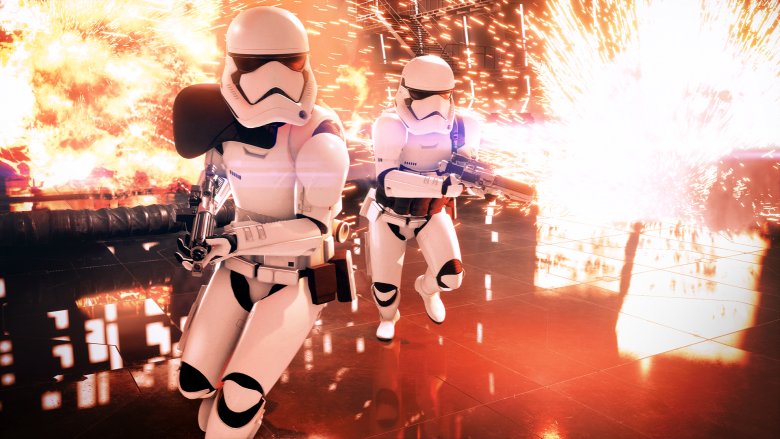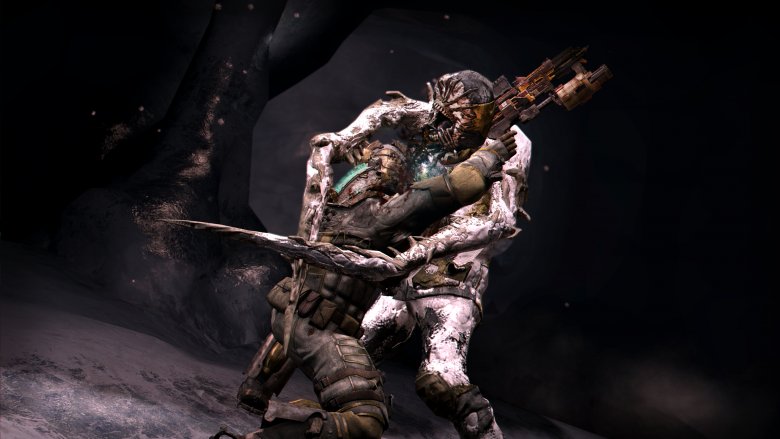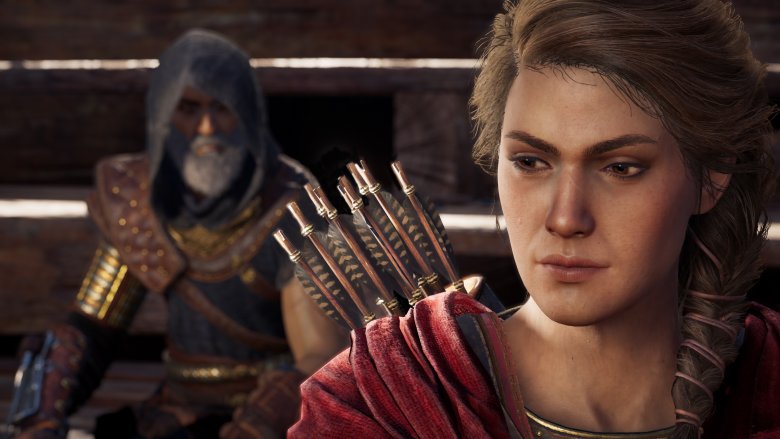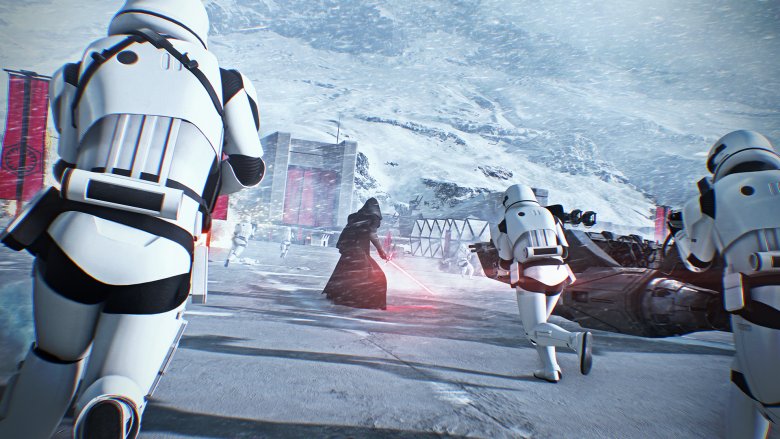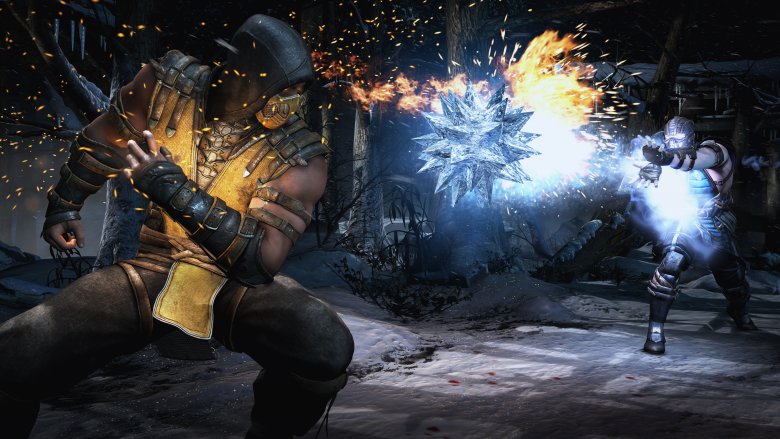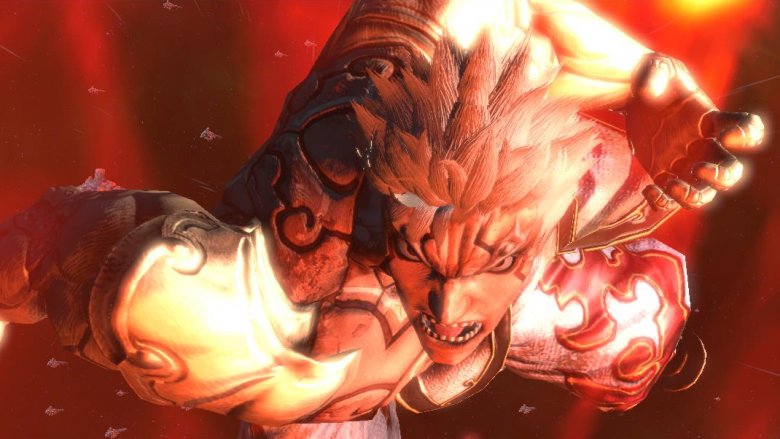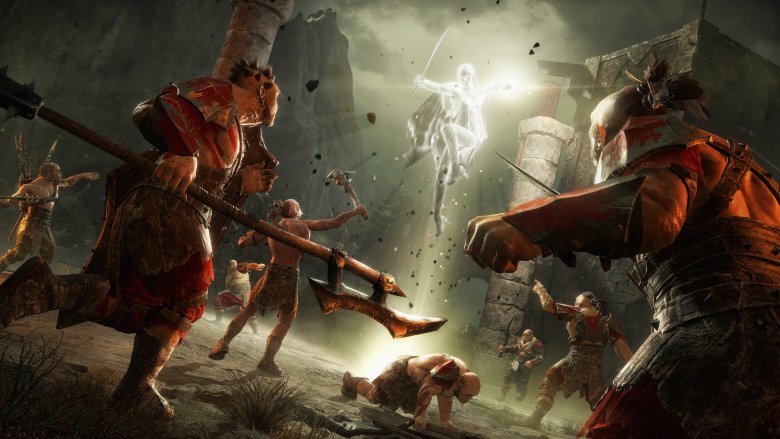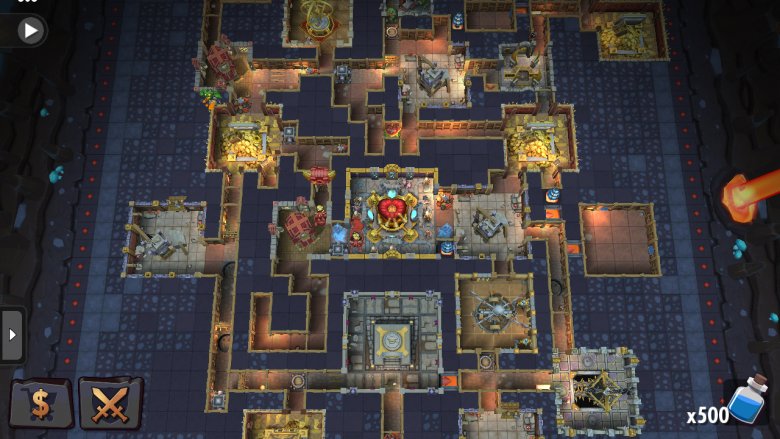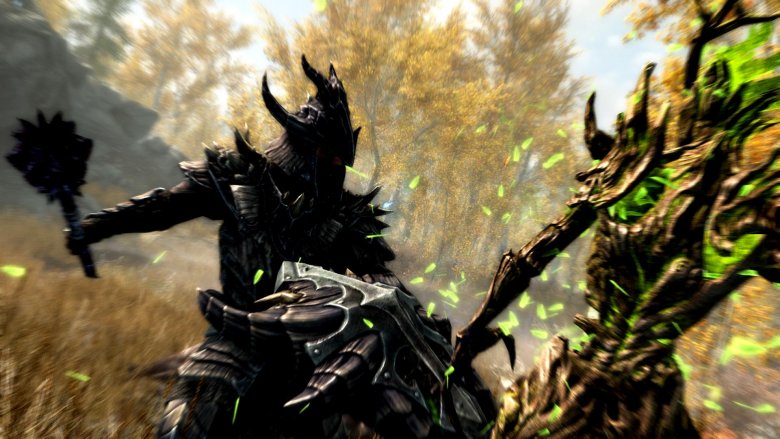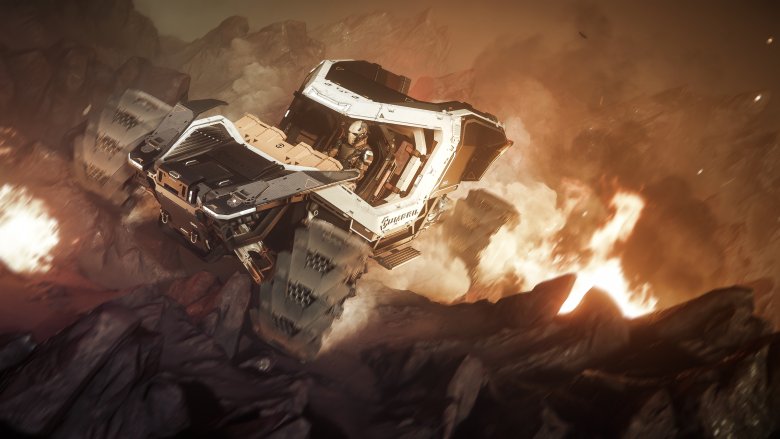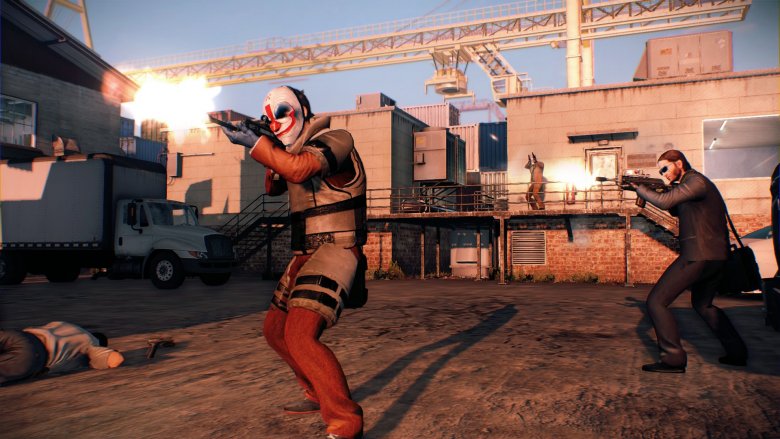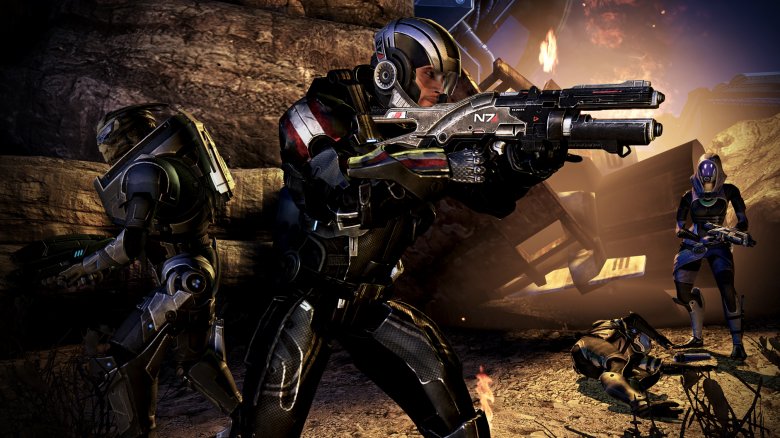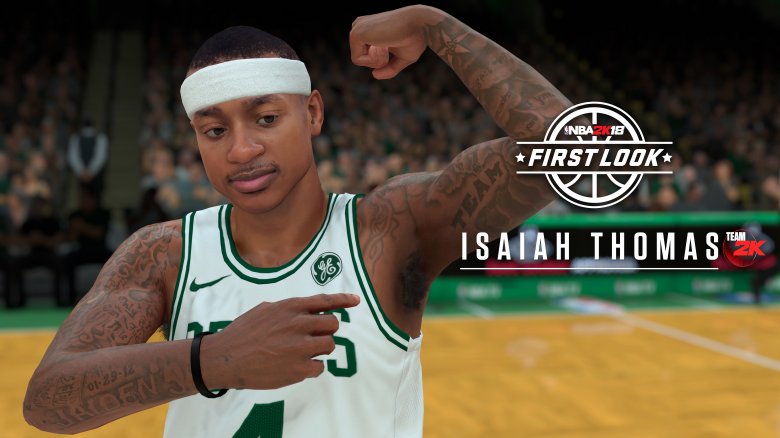Microtransactions That Games Should Be Ashamed For Offering
Microtransactions have become a central part of the gaming industry within the past decade, with almost every major franchise finding a way to make you pay for more. You often find them in free-to-play and multiplayer games, because they need a reason for people to keep coming back. New characters, fancy outfits, and even weapon skins have been monetized by various titles.
As publishers and developers become more innovative with their microtransactions, some games go too far in the name of making more money, especially in games that aren't free to play. After all, $60 is already a lot to spend on a game. Spending more just for some cosmetics doesn't necessarily have universal appeal. Beyond that, locking actual content behind paywalls can be seen as sleazy or unfair, depending on the context.
The debate around whether microtransactions are fair has yet to be settled, and it likely won't be for years to come. A lot of external factors need to be considered before someone decides if an in-game purchase is worth it to them. Still, some games stand out for having more egregious forms of monetization. To help you and your wallet, we've gathered some of the worst offenders with the most shameful microtransactions.
Dead Space 3 - Some crafty microtransactions
Back in 2008, Visceral Games (known then as EA Redwood Shores) rocked the survival horror genre with Dead Space. The sci-fi third-person shooter placed players on a giant spaceship infested with deadly aliens. The game masterfully created a tense atmosphere by balancing its frightening challenges and scarce resources, and the sequel only furthered that concept. By contrast, Dead Space 3 capped off the trilogy in the worst way possible.
While the game still featured resource gathering so you could craft ammo and better weapons, you could also purchase materials in exchange for real money. Every time you try crafting something without the right scraps, the game reminds you to throw some money at it. Bye bye, tension. So long, rewarding difficulty. Just give EA more money and this single-player experience becomes easier to play.
By implementing microtransactions, Dead Space 3 defeated the core identity of the series. No longer can you feel like you've conquered your fears and struggles. Instead, these microtransactions undercut any sense of progression you make on Isaac's journey. Dead Space 3 is still a survival horror game, but maybe the Necromorphs aren't the horror you're trying to avoid.
Assassin's Creed: Odyssey - A $10 easy mode
Assassin's Creed: Odyssey built upon the good will of Origins, the previous game in the series. The RPG mechanics returned from Origins, allowing you to deck out your character in progressively stronger armor and weapons. Unfortunately, no matter how good your gear gets, it'll take a long time before you can start wearing high-level equipment.
Odyssey has a huge grinding problem, accompanied by certain areas with enemies at a higher level than you. Even a difference of one level makes the game far more difficult. Traversing the vast lands of ancient Greece gets tedious very quickly. If only you could level up faster, right? Good thing Ubisoft thought of the perfect solution.
You can alleviate the grinding problem with a nominal fee of $10 at the in-game store. Called the "Permanent XP Boost," it does exactly as the name implies, and you can find it under the store tab cheekily titled "Time Savers." This update gives you a bonus 50% XP across the board, inherently cutting down the grind.
To be fair, Ubisoft implemented an update in January 2019 that lets players decide to make the game easier, lightening the need to grind. However, the fact that the game launched in a state that makes players consider paying more to play less should make the developers feel ashamed of themselves.
Star Wars: Battlefront 2 - Pay to pay to win
Being a fan of Star Wars video games has been tough as of late. EA's latest release of Battlefront 2 was met with harsh criticism even days before launch. The open beta gave players an early glimpse at the in-game economy, which, of course, had loot boxes. However, these boxes contained actual abilities your character could use, that would inherently make you a better player than those without them. Furthermore, these skills came at different rarities, meaning other people could have the same skill as you but better. If you wanted to have the highest quality abilities, you'd need to open a lot of loot boxes.
EA swiftly removed the microtransactions from Battlefront 2, but the fact that the publisher had the gall to launch a pay-to-win $60 game raised a ruckus for gamers everywhere. It even prompted some governments to look into whether loot boxes require regulation because of how close they are to gambling.
Clearly, EA was in the wrong when it comes to how microtransactions were implemented in Battlefront 2. You'd think after that debacle, the publisher wouldn't risk anything again, but you'd be wrong. Battlefront 2 has microtransactions again, albeit only cosmetics ones. EA gave politicians another reason to consider regulating the video game medium, but it refuses to show any shame or remorse about the fact.
Mortal Kombat X - Xcuse me?
Mortal Kombat stands as one of the longest-running fighting franchises on the planet. Going all the way back to 1992, Ed Boon's violent games helped start a community that to this day remains as active as ever. Mortal Kombat made a name for itself with its iconic "Fatalities," which have become a cornerstone of the series. However, NetherRealm decided to start monetizing the tradition in the tenth installment.
When Mortal Kombat X rolled around in 2015, NetherRealm introduced Easy Fatality tokens. Now after defeating your opponent, all you need to do is hold the right trigger and press a face button to unleash a Fatality — at the cost of one token. These tokens can be earned in game at a fairly slow pace, but you can buy a pack of them with real-world money. For context, Fatalities normally take far more precision to pull off. For example, one of Sub-Zero's Fatalities in Mortal Kombat X requires players to input back, forward, down, back, then back kick.
While it's nice to see fighting games make an effort to be more approachable, monetizing that concept practically spits in the face of years of competition. Fighting games are known for having some of the most closely fought tournaments on the planet, and each pro player strives to be the best they can be. Making money off simplifying an iconic part of Mortal Kombat undermines everything those tournaments stand for.
Asura's Wrath - Spend to see the end
Asura's Wrath was one of Capcom's more unexpected titles. The game featured high-octane action involving a muscular man with six arms punching even more muscular demigods. You follow Asura as he exacts his 12,000-year-old revenge on the people who put him in exile, and each fight is even more over-the-top than the last. The gameplay was laden with quick-time events, but you're there for the spectacle more than anything else.
Too bad the ending hides behind a paywall. That's right, the last four chapters that cap off Asura's story came out after the base game, and Capcom asked for a pretty penny in exchange. Before those chapters came out, the game ended in a way that set up a sequel. Instead, we found out the base game wasn't even done. And rather than making the end a free update, Capcom had the gall to charge $6 on top of the $60 upfront cost of the game. Soon after, the publisher suffered the wrath of gamers everywhere, deservedly so.
Middle-earth: Shadow of War - In the shadow of loot boxes
Monolith Productions' work on Shadow of Mordor surprised the gaming community at large, especially with its innovative Nemesis System. When Shadow of War was announced, everyone was eager to see how Monolith would continue the system. Unfortunately, on release, it was clear that somewhere along the way, microtransactions became a core part of the game.
Shadow of War launched with in-game loot boxes that would drop orcs, which act as the footsoldiers to your army. In the post-game, high-tier orcs become vital to seeing the secret ending. You have to defend your fortresses against increasingly tough invasions, and the difficulty ramps up considerably. Your army needs to be full of high-quality orcs or you'll fail.
While you could grind for hours to find these orcs in the wild, you could also save time by paying for loot boxes until you build the army to your liking. This practice inherently defeats the purpose of the post-game while subverting the hours it took for you to reach the end. Why play when you could spend money to accomplish the same goal? It was a rude departure from the first game, which had no microtransactions to speak of.
It seems like Monolith did in fact feel ashamed of their in-game microtransactions, as the studio removed them in May 2018. The developers worried that microtransactions "risked undermining the heart of [their] game, the Nemesis System." At least they learned their lesson.
Dungeon Keeper - Keep your money
Does anyone remember the 1997 classic game, Dungeon Keeper? Well, we're talking about the abhorrent remake of it for mobile. In 2014, EA brought the title to a modern audience, some of whom probably never even heard of the PC original. In the game, you're an evil dungeon keeper, as the name implies, and your goal is to build the deadliest dungeon, one room at a time. In 1997, the game was well paced. In 2014, every little thing is locked behind an arbitrary countdown timer. But don't worry, you can make those timers go away with some premium currency!
Do you want to unlock a new room? Or maybe you want to build a new trap in one of your rooms? You'll have to wait around for a bit or pay up some money to get it now. What took mere hours to accomplish in 1997 now takes literal days unless you start growing money on trees.
While this practice is common for mobile games, it's egregious to see it happen in a remake of a beloved PC game. Peter Molyneux, who originally designed Dungeon Keeper, heavily criticized the remake, saying it "crucifies [his] patience."
Bethesda's Creation Club - Totally not paid mods
The Elder Scrolls 5: Skyrim had a much longer lifespan than most RPGs, and part of that can be attributed to the burgeoning mod scene on PC. A couple years after release, those mods even made their way to consoles, although the way it was done is questionable at best. Historically, mods have always been free, made by and for players. Bethesda tried to change that, offering a curated list of mods for a price, and they got a backlash in response.
Their first stint with paid mods — yeah, they tried more than once — was in 2015 in conjunction with Valve. That quickly dissolved due to public outcry against monetizing mods, which have been free for decades beforehand. But this hiccup didn't stop Bethesda from launching the Creation Club in 2017, first for Fallout 4. It rolled out to Skyrim later, and the service offered a place for mod creators to put their content for others to see. However, Bethesda also commissioned certain creators to create exclusive content that consumers could buy.
Bethesda has been very clear about not calling these "mods," but if it looks like a mod and acts like a mod, it's hard to call it anything else. It was a smart move to not monetize everything on the Creation Club, but it's still sleazy, considering the history.
Star Citizen - Virtual land for sale
Star Citizen might be one of the most ambitious games in development right now. The Kickstarter launched in 2012, with an anticipated release date of 2014. As of this writing, there is no anticipated release date at all, but that doesn't stop people from throwing money at it. The game's website keeps a live tracker on how many funds it has raised, and it sits comfortably at over $200 million. The developers aim to raise even more money by charging prospective players for the promise of in-game plots of land.
Supporters of Star Citizen can pay $50 for a 4km-by-4km plot of land in the game, which, we should remind you, is still in alpha. If you're extra excited, you can drop $100 on an 8km-by-8km plot. This land, upon the game's full release, will belong only to you, and you can make the rules in it. Additionally, owning this land will keep it protected from any wrongdoers in the game.
In real-world terms, the price is generous. It comes out to nearly 20 acres per dollar, which is a steal. In Star Citizen, however, these plots of land don't even exist yet, and people who buy the land deeds can't even see them until the game releases in full. Cloud Imperium Games, the developer, promises a lot in the concept of Star Citizen, but monetizing promises is a step too far.
Payday 2 - Overkill's payday
When Payday 2 released in 2013, the developers at Overkill said that the game would never feature microtransactions. So naturally, two years later, Overkill added microtransactions. In 2015, along with a new event called Crimefest, vaults were added which contained a variety of loot. However, the only way to open these vaults were with drills that cost real-world money.
The loot within was mainly cosmetic, although some skins actually boosted stats. Although Payday 2 is mainly a PvE game, being able to pay for bonus stats still feels unfair to those who don't want to pay. But perhaps more importantly, these microtransactions go against everything the developers stood for upon launch. Nothing feels more immoral than having a developer lie to your face about microtransactions, especially ones that affect actual gameplay.
Clearly, Overkill felt ashamed of adding these to their game. After obtaining full rights from the original publisher 505 Games, they walked back the in-game purchases, making those vaults free to open for everyone.
Mass Effect 3 - Monetizing lore on day one
People look back on Mass Effect 3 with varying degrees of resentment and love. Some enjoyed the game as an end to a beloved trilogy, while others condemn it for having a lackluster ending. What people tend to forget, however, is that the game released with downloadable content on the first day. Even worse, the DLC featured a Prothean, a member of an ancient race thought to be extinct.
For those who haven't followed the Mass Effect series, the Protheans existed millennia before any humans ever did. The first two games constantly mention them because of how technologically advanced they were. More often than not, any bit of lore will link back to the Protheans, adding to this sense of mystery and intrigue surrounding the race. So to reward longtime fans of the space opera, BioWare sold a living member of the race — and all the answers he brought — for a premium after the initial $60 purchase.
The games industry is no stranger to expansions and DLC that offers more story content. But to sell something so central to the lore on the very first day of release felt like disrespect to the Mass Effect fans who even know what a Prothean is.
NBA 2K18 - A foul for 2K Games
For a console title, NBA 2K18 feels an awful lot like a mobile game. At every step, the game begs you to buy more Virtual Currency. While you can earn VC at a painfully slow rate, you're free to buy as much as you want. And you're going to need a lot if you want to do anything in the game with your own created basketball superstar.
For example, the simple act of improving your character's stats costs VC, rather than letting your character level up by earning experience. Beyond that, customizing your character's aesthetics takes up some VC. So if you wanted your created athlete to be skilled and stylish, you're likely looking to spend quite a lot of money.
The way you customize your character also feels archaic and predatory. For one, you can't even see how a new hairstyle looks on your character until after you purchase it. Every tattoo, every new piece of clothing, and even dunking animations all cost more VC. On top of that, certain cosmetic options stay locked until your character reaches a certain level — again, which requires VC. You need to spend VC to earn the right to spend more on something that you want.
At every turn, 2K Games asks you to spend your VC, and it doles out so little that it's practically begging you to spend more money on a $60 game.

